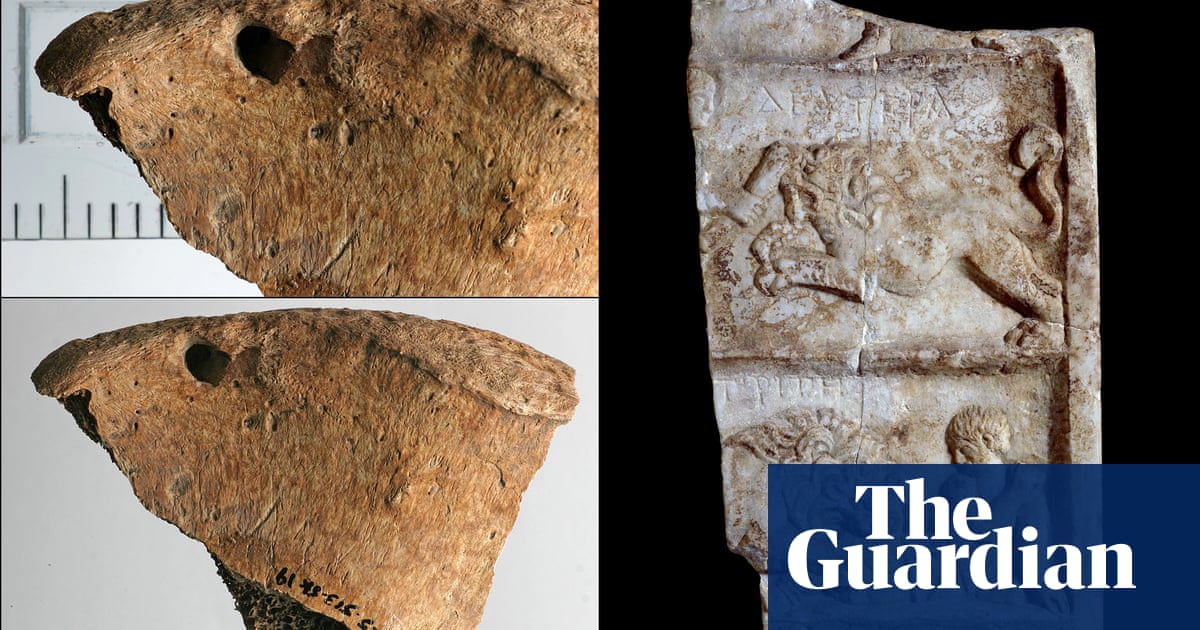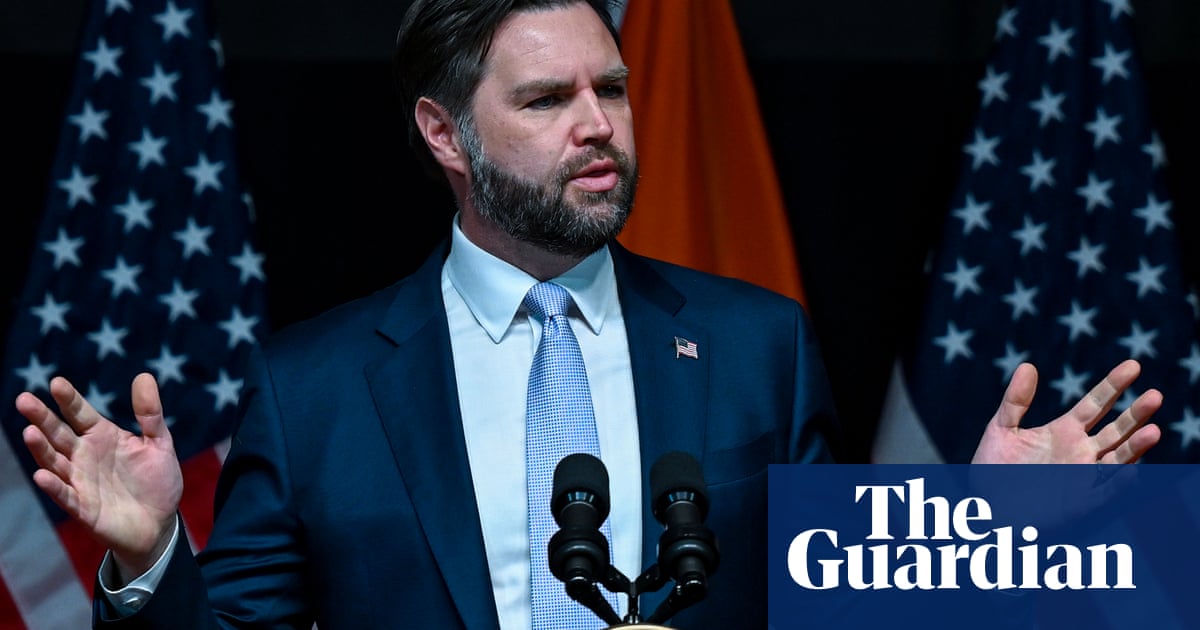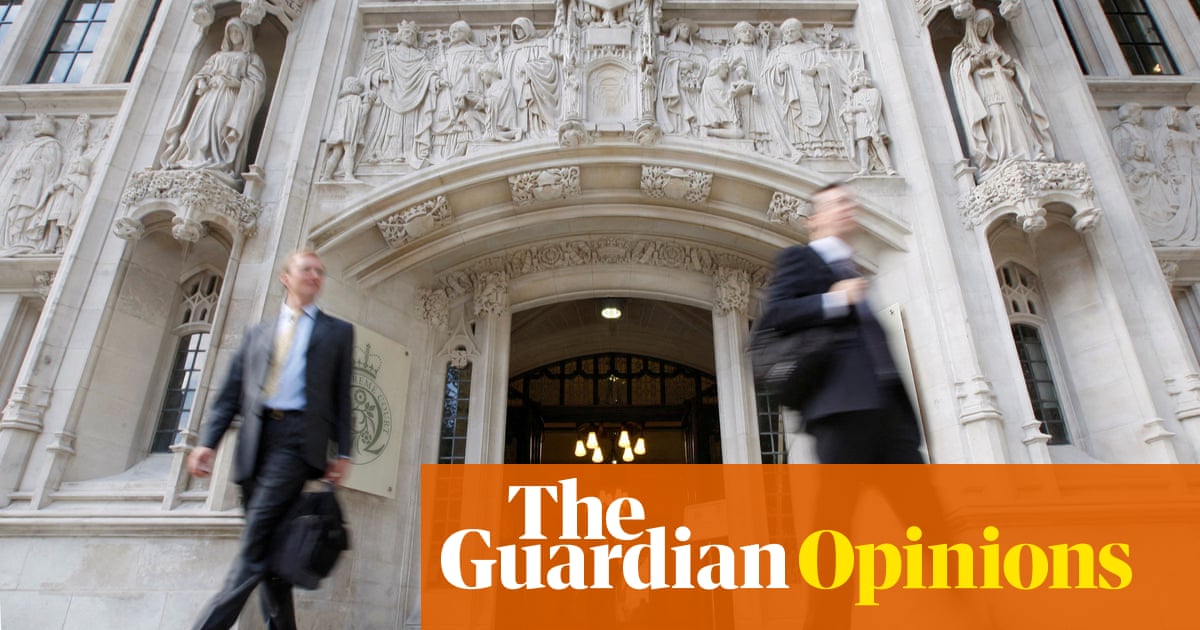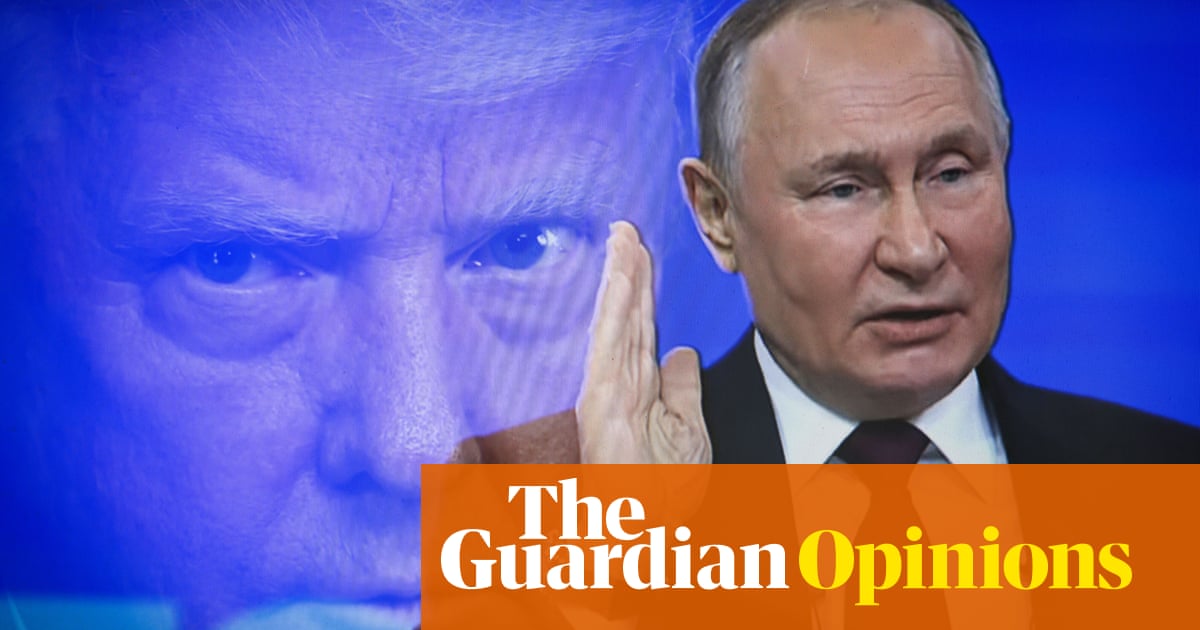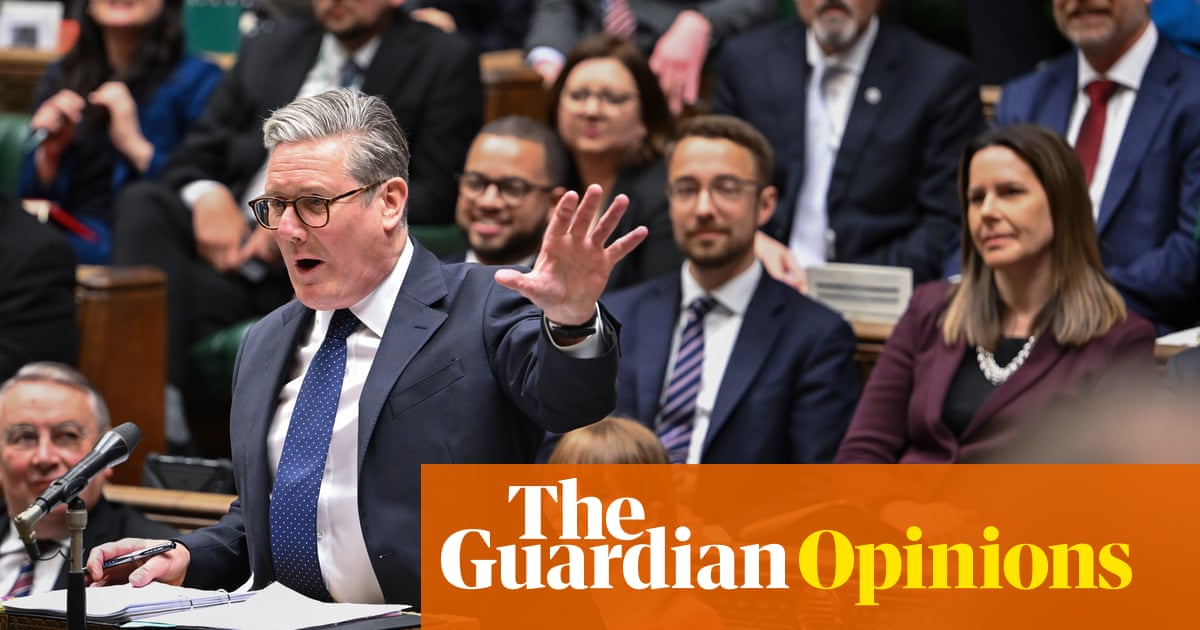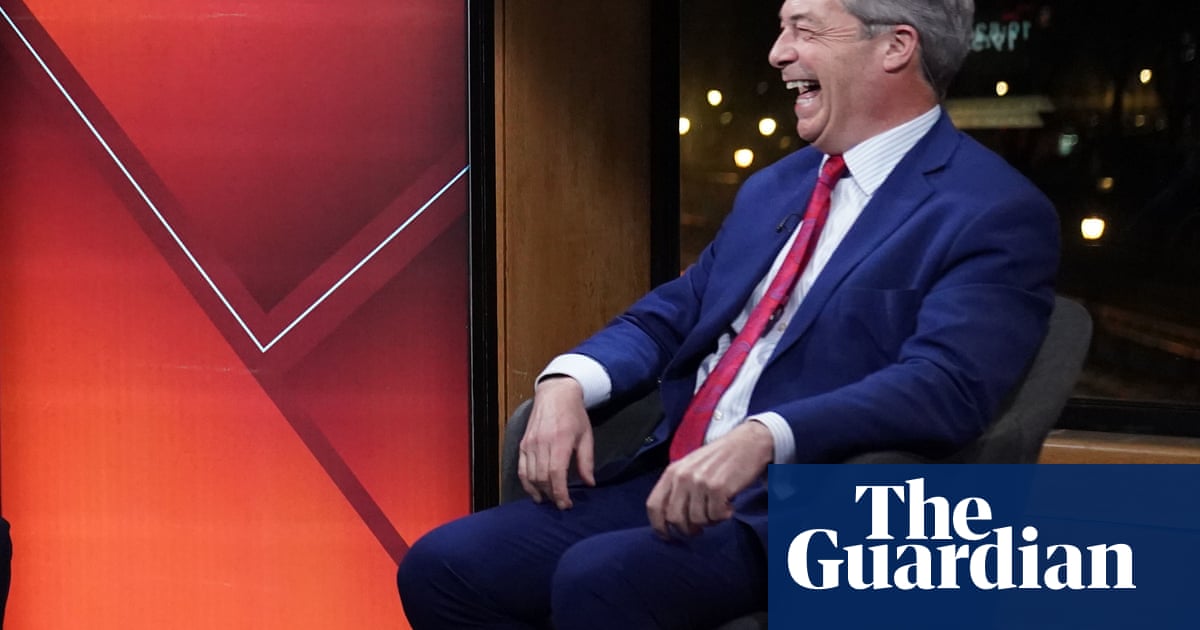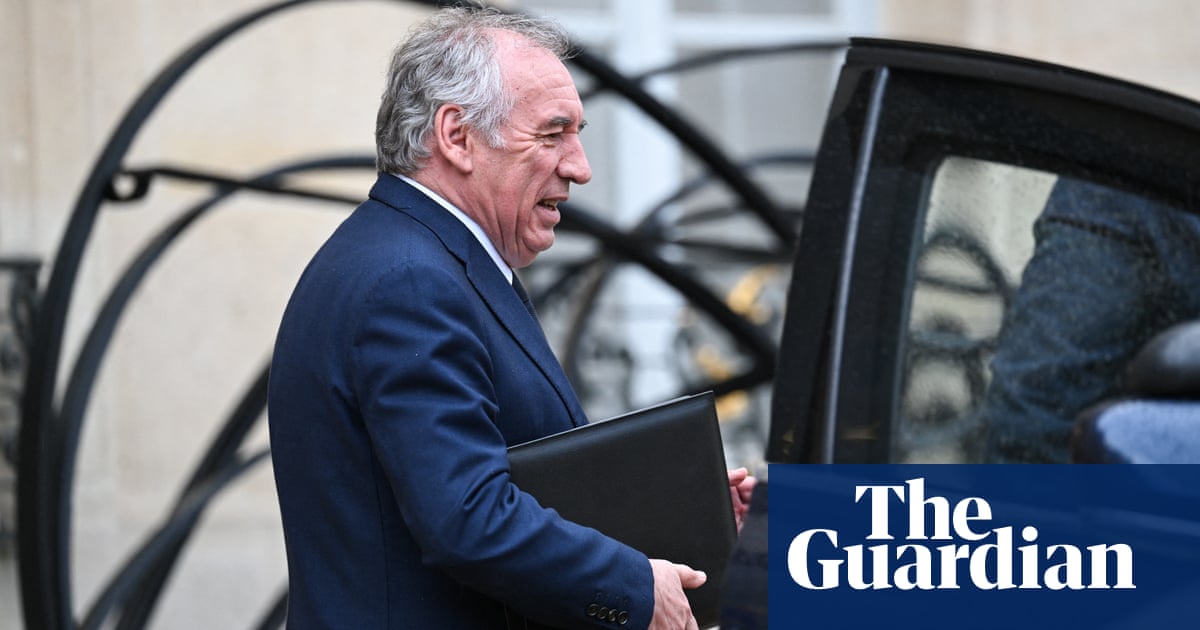The chair of NatWest has thanked UK taxpayers for the bank’s 2008 bailout weeks before the bank returns into private ownership, assuring shareholders that bosses had “fixed the issues of the past” and would not “open up floodgates of risk” despite government pressure.
Rick Haythornthwaite made the comments as a small group of shareholders gathered at the Gogarburn campus on the outskirts of Edinburgh on Wednesday for the bank’s annual investor meeting.
He said NatWest – formerly known as Royal Bank of Scotland (RBS) – was indebted to taxpayers for the £46bn rescue package that kept the bank afloat during the financial crisis.
The bailout was engineered by the late former chancellor Alistair Darling and then prime minister Gordon Brown, amid fears the UK’s biggest bank could run out of cash after a period of expansion under Fred Goodwin, who was later stripped of his knighthood.
“It is important that we recognise the bold decision taken by the government of the day to step in and stabilise our banking system and, by extension, our economy, Haythornthwaite said in a speech on Wednesday.
“We remain incredibly grateful to the government, and to UK taxpayers, for their intervention and support, which protected millions of savers, homeowners and businesses at a time of global crisis.”
He insisted that bosses had “fixed the issues of the past” and that it was “a much simpler, safer, customer-focused bank”.
Mark Turnbull, 66, a Glasgow-based shareholder who has stuck with bank for 21 years says his investment was looking up. “Some people in here said years ago, ‘this is a dead bank’, which it was in [terms of] the money it lost and the government’s bailout,” Turnbull said. Now, he says, “it’s going well, it’s making money.”
That has come at a massive cost to the public. The government is only expected to recoup about £25bn of the £46bn it spent rescuing NatWest in 2008, with its shares sold below the 500p at which they were bought. On Wednesday, shares in NatWest were trading at about 475p.
However, Haythornthwaite said the government was always expected to lose money on the bailout. “I don’t think they ever went into this is an investment. This was a rescue of a sector, and they did well as a result of that … they protected millions of homeowners and businesses and … savers,” NatWest’s chair said.
Extinction Rebellion demonstrators camped outside the AGM to protest against amendments to the bank’s policy on fossil fuels which they fear have opened the door to further financing of oil and gas companies, including BP. “NatWest, do your best, from BP divest, divest,” they chanted, as shareholders filed into the conference hall.
While there has been speculation as to whether NatWest might consider expanding once the government’s remaining 2.99% stake has been sold, bosses insisted there were no plans for new international ventures or any massive risk-taking moves.
after newsletter promotion
That is despite government pressure, with the chancellor, Rachel Reeves, continuing a Conservative project that pushed for more risk-taking across the City in order to boost UK growth. It has prompted a wave of regulatory reform, including removing the banker bonus cap that previously restricted performance-based payouts to two times salary.
Haythornthwaite said it was an “inflexion point”. “After almost two decades of recovery for our banks, and for our country and economy more widely, growth is rightly at the top of the national agenda. And, despite ongoing geopolitical uncertainty, competition and innovation are in focus once more.”
However, even as the bank boosted pay for its chief executive, Paul Thwaite, the chair insisted it was not aiming to encourage undue risk-taking with big bonuses.
NatWest is raising maximum payouts for Thwaite by 43%, giving him the chance to earn up to £7.7m a year. That figure could soar to £9.5m if there was a 50% rise in NatWest’s share price – given much of the payout is linked to long-term bonuses made up of the bank’s own stock. NatWest only reinstated executive bonus payouts in 2022, having previously scrapped them under a directive by former chancellor George Osborne.
“So we do attract the best talent and keep the best talent, motivate them. But let’s not open up floodgates of risk exposure. Let’s not forget the lessons of pre-2008 when that all went a bit out of sync.”
Shareholders approved the new policy on Wednesday, with nearly 98% of votes cast in favour.
Peter Gifford, a dedicated shareholder since 2002, said bank bosses would be wise to move cautiously. “Stay as you are and steer a steady course going forward, because we’re living in difficult times,” he said.

 5 hours ago
5
5 hours ago
5



